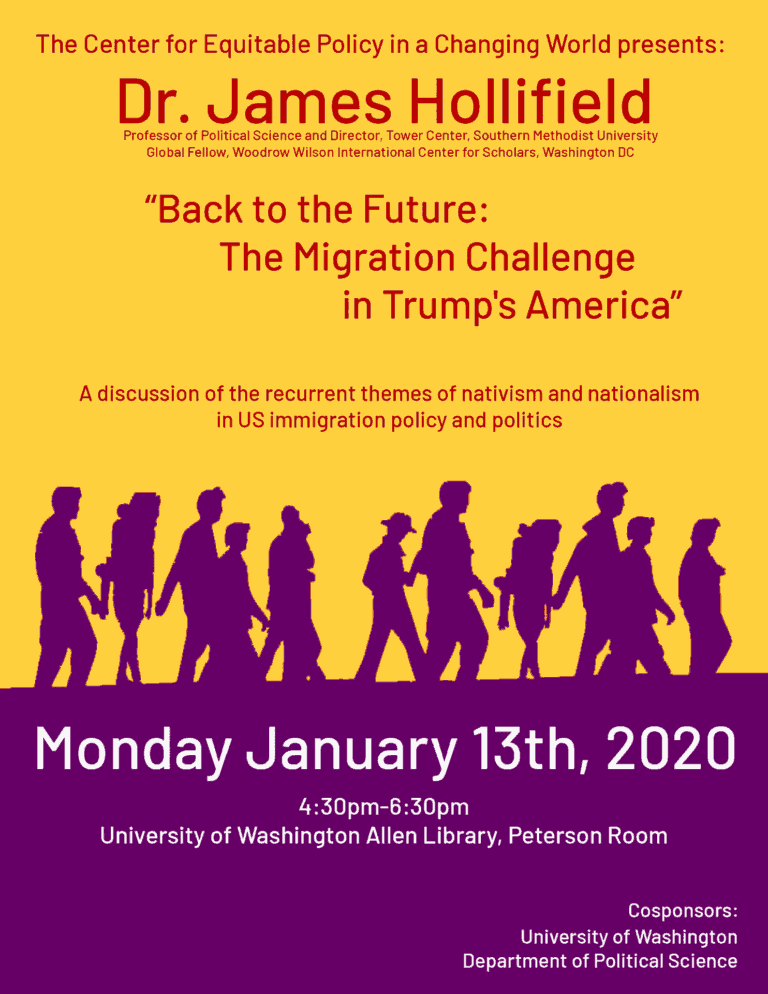Events
AAAS Annual Meeting Workshop: Is there a Place for Human Rights in Housing Policy?: Multidisciplinary Network Approaches to Policy Advocacy
The proposed workshop will involve an introduction to how we constructed our pilot model, and a working session with participants to introduce them to the ways in which they can adapt the model to different communities. It is a tool we are building to provoke “what if?” reactions among policymakers and denizens of Seattle interested in increasing housing equity. As such, it is a project model that can be applied to a wide range of equity questions. We will provide workshop participants with online access to the model, allowing them to start manipulating the qualitative and quantitative inputs to explore hypothetical scenarios (to cite potential examples: what happens when one adds rent control, a universal basic income, tax incentives for landlords or homeowners?).
The workshop will finish with a discussion about the potential applicability of our network model to other communities and other human rights problems, as well as soliciting ideas from the participants about how to improve the model. We will also discuss the importance of expansive, well-planned, and detailed communications plans. How can workshop participants structure their research activities and frame conclusions in an effective way for non-academic audiences? How do we best advocate for evidence-based, rigorously tested policies among those who have the power to effect such changes? In short, how do scientists successfully sell the necessity of a scientific approach to policy makers?
Presenters: The workshop will be facilitated by the Center for Equitable Policy's Dr. Valerie F. Strickland Hunt (Political Science/Public Policy), who will also lead the discussion on how to transform a research project into effective policy advocacy. It will also feature Dr. Richard Sharp (Applied Mathematics, Data Science) speaking about the mathematical model and network methods, Mr. Sean White speaking about drivers of displacement in Seattle and housing programs in the region, and Dr. Patrick W. Zimmerman (History, Historical Anthropology) handling discussions of sources and the construction of the model.
Date & Time: 2:30pm EDT, Fri October 23nd
Location: Virtual
We'd like to send a big thank you to everyone who attended the live workshop! For those of you who couldn't, we anticipate a recorded version being made available soon, and we encourage everyone to reach out to us with questions, queries, or ideas about how to model housing equity or how to use such tools to advocate for equitable policy.
Dr. James Hollifield - "Back to the Future: The Migration Challenge in Trump's America"
Description: James Hollifield argues that the United States “is trapped in a ‘liberal’ paradox:” Like many aging societies, the U.S. needs immigration to keep its economy strong, but it must deal with the socio-political ramifications of immigration, especially the status (rights) of immigrants. Through a review of US immigration history and the recurrent themes of nativism and nationalism, Hollifield explains that this paradox is not new, and that we can balance openness with valid concerns for security and societal values. As a high immigration nation, the USA is enviably able to shape its demography through immigration policy.
Speaker: Dr. James Hollifield, Professor of Political Science and Director, Tower Center at Southern Methodist University. Global Fellow, Woodrow Wilson International Center for Scholars.
Date & Time: Monday, January 13th, 2020. 4:30pm-6:30pm.
Location: Seattle. University of Washington, Allen Library, Peterson Room.

